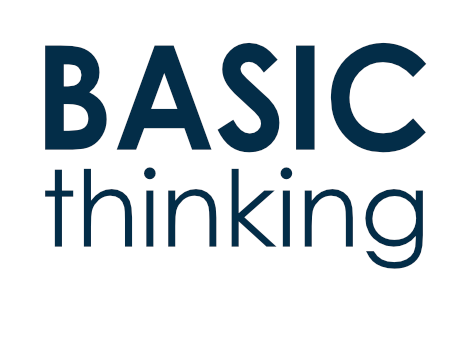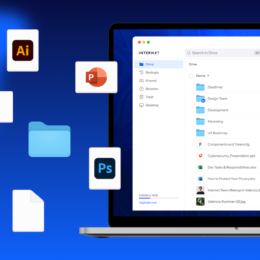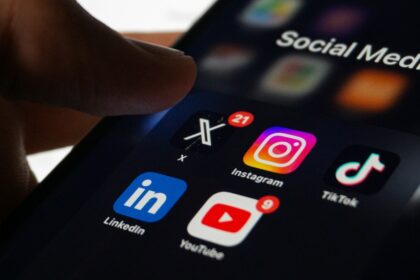eine Umfrage unter den OhmyNews-Schreibern zu deren Motivation, warum sie mitmachen:
Indeed, since OhmyNews‘ founding in early 2000, Korean news guerrillas have been attracting the attention of world leaders, media organisations, and interested academics and citizens alike. In response, over the past six months I have been conducting a detailed academic investigation into the popularity behind the success of OhmyNews. This investigation gives a unique insight into the Korean version of OhmyNews, and readers of OhmyNews International will no doubt find interest in the results when comparing the Korean case study to their respective countries. The investigation’s purpose has been to find out exactly why citizen journalists write articles for OhmyNews. With the support from the News Guerrilla Team in Seoul, an empirical survey was administered to a sample of OhmyNews contributors, with these results forming an important part of the research paper.
Ergebnis: The ‚My‘ in OhmyNews: Research Paper (PDF)
OhmyNews? Eines der größten News-Webseiten in Südkorea. Betrieben von über 20.000 freiwilligen Schreibern. OhmyNews hat einen gigantischen Einfluss auf das politische Geschehen in Südkorea. So hat der momentane Ministerpräsident von SK damals zu seiner Wahl OhmyNews zuerst ein Interview gegeben. Nicht einer alteingesessenen Zeitung etwa.
Und was kam heraus bei der Untersuchung?
Not only was OhmyNews the first user-generated news website to emerge, but it has also grown to be the most powerful and commercially successful example of citizen journalism. The author then identified three factors unique to Korea that may have propelled a participatory internet culture in this nation. A dissatisfaction with prolonged democratic consolidation, a frustration with the conservative dominance of mainstream press, and a willingness to use the internet as a communicative medium served as springboards for the rapid growth of citizen journalism in Korea. Reflecting firstly on these important conditions, and secondly on previous studies into motivations of internet use, the author then proposed his own theoretical framework for measuring the motivations specifically of citizen journalists. A new uses and gratifications typology suggested .self gain., .personal development., .community interaction., .information dispersal., and .social reform. as the five key gratifications of citizen journalists. A comprehensive selection of motivating factors was also suggested for each gratification. The typology was then empirically tested on 192 OhmyNews citizen journalists, and in support of the hypotheses found that their strongest single motivating factor was to exercise freedom of expression, and their most sought after general gratification was information dispersal. Based on the theoretical assumptions and the empirical evidence that we have identified, therefore, the author would conclude that the motivations of citizen journalists in Korea stem from a combination of technology and a new democracy. In other words, the growth of citizen journalism can be attributed to the evolution of communication technologies tightly combined with the willingness of individuals to utilise these new possibilities. While not technologically deterministic, Koreas outstanding information infrastructure has enabled easy access to enthusiastic individuals who desire the development of democracy through free expression of information. The experience of internet-based participation in Korea, therefore, illuminates the powerful combination of citizens and cyberspace, potentially forming an information age publicsphere. Citizen journalism in Korea is therefore a new form of participatory mechanism, helping to defend, foster and nurture the continuing development of democracy.
Sprich: Readers Edition, das versuchte, deutsche Pendant der Netzeitung kann nicht einfach so von Ohmynews abkupfern, weil es in SK so toll funktioniert, sondern es muss eigene „Gesetzmäßigkeiten“ finden, was die Mitmach-Faktoren in D sind (wenn es welche gibt), die man erkennen und zu nutzen verstehen muss. Öhm, Frage am Rande, wie läuft eigentlich Readers Edition?
via Zuckerwatte
siehe auch:
Netzeitung goes OhmyNews
Netzeitung goes OhmyNews (2)
Citizen Journalism: wie bezahlt OhmyNews die Autoren?
OhmyNews in der Wikipedia











